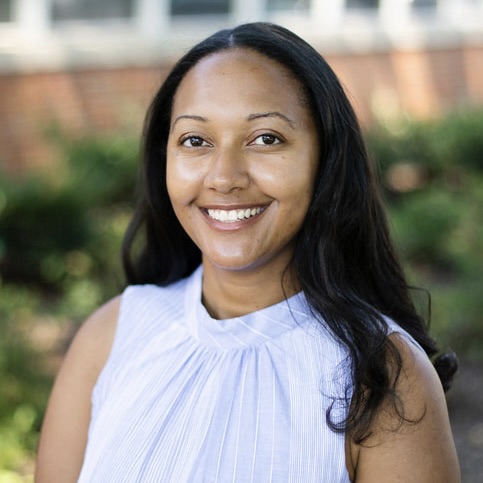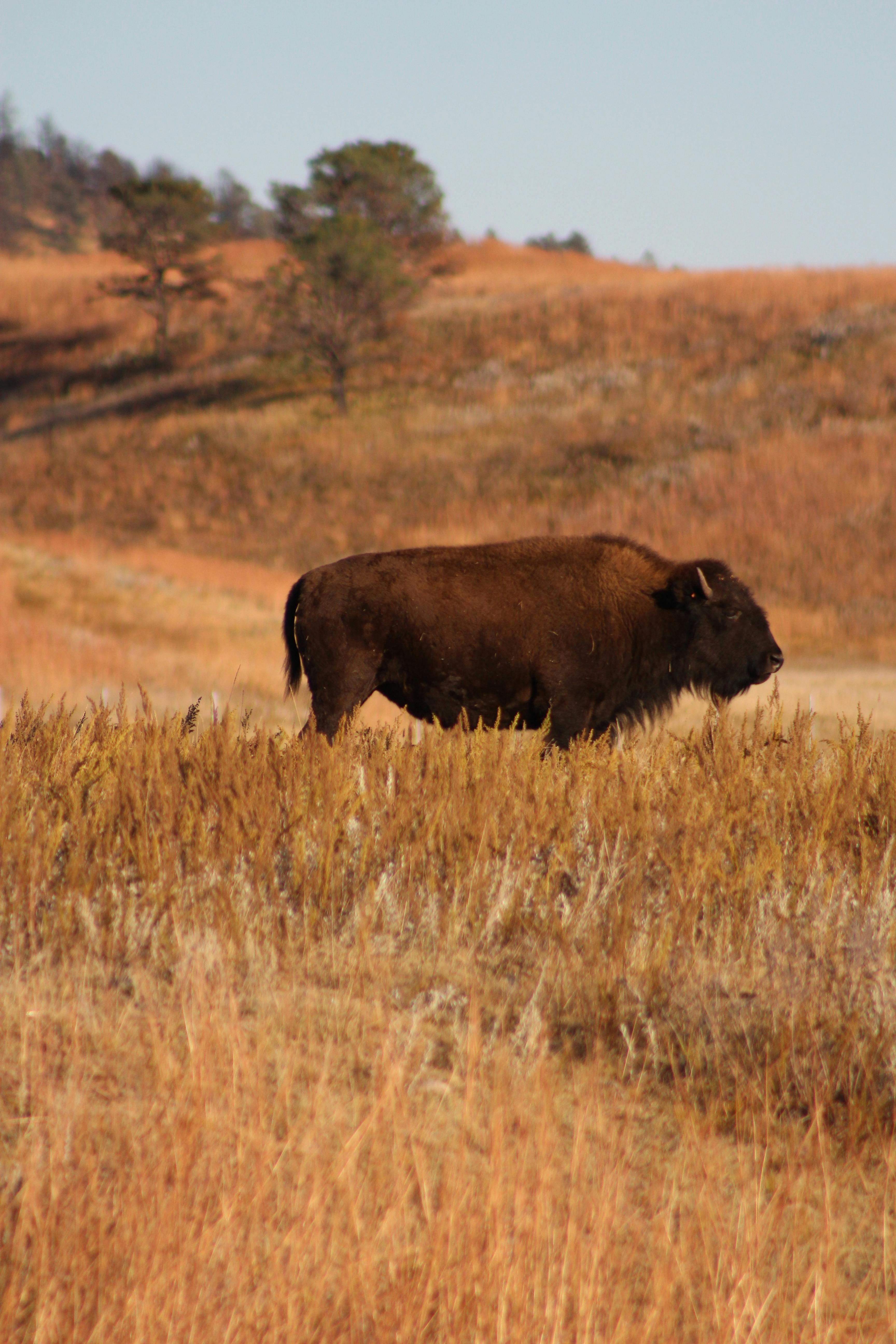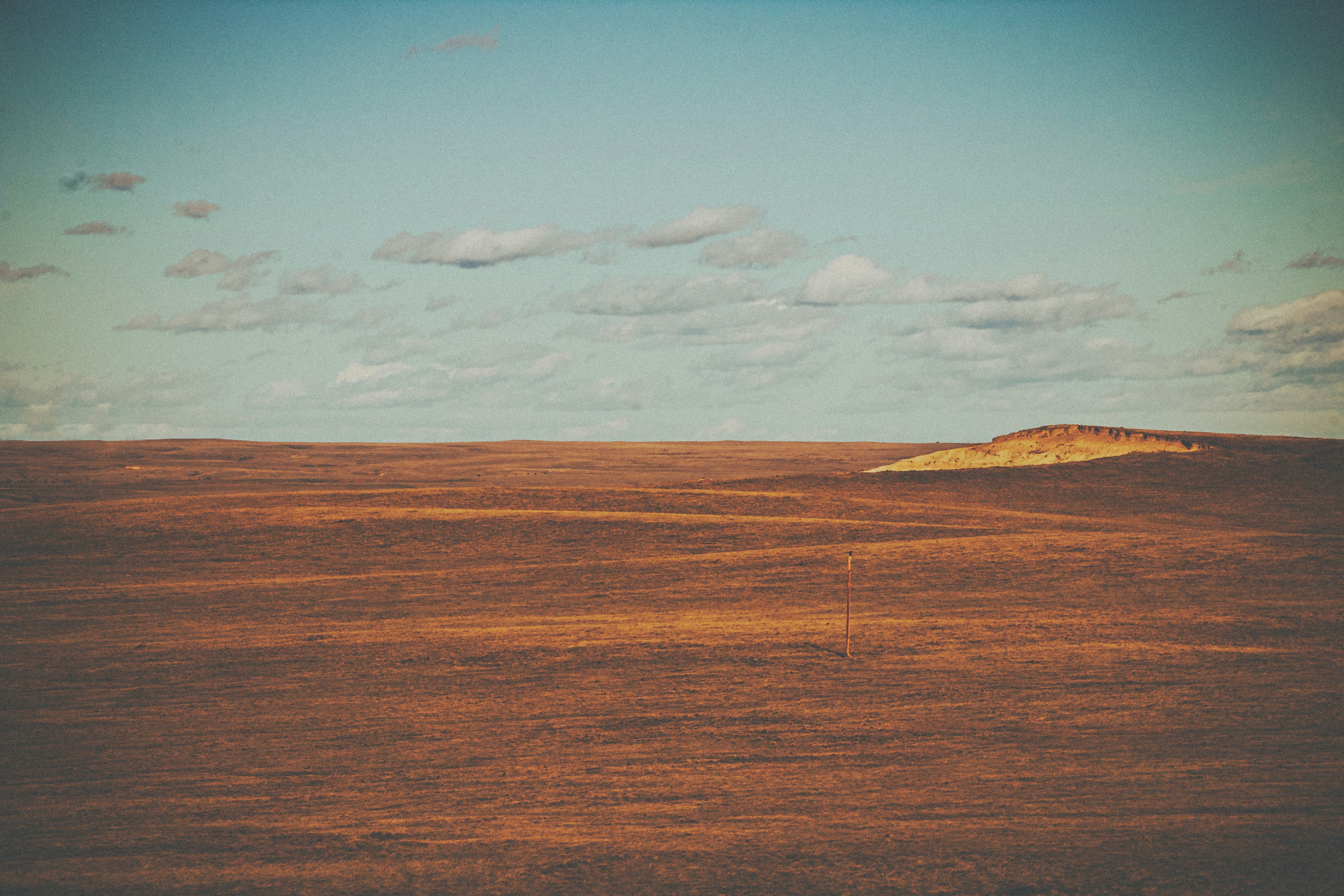One Researcher’s Community-Based Research in Partnership with Members of an Indigenous Nation
 Lora Henderson Smith is Assistant Professor at the University of Virginia School of Education and Human Development. Her collaborative research with colleagues includes studies focused on school mental health and culturally responsive practices for teachers. Additionally, she is involved in community-based work supporting the well-being of Native American youth and families. She has published on supporting youth mental health in tribal schools and school-based prevention programming for Indigenous students. Henderson Smith is also Nationally Certified in Trauma-Focused Cognitive Behavioral Therapy and Parent-Child Interaction Therapy.
Lora Henderson Smith is Assistant Professor at the University of Virginia School of Education and Human Development. Her collaborative research with colleagues includes studies focused on school mental health and culturally responsive practices for teachers. Additionally, she is involved in community-based work supporting the well-being of Native American youth and families. She has published on supporting youth mental health in tribal schools and school-based prevention programming for Indigenous students. Henderson Smith is also Nationally Certified in Trauma-Focused Cognitive Behavioral Therapy and Parent-Child Interaction Therapy.
I came to UVA to study Clinical and School Psychology in 2013. I was (and continue to be) interested in youth mental health and school-based intervention and prevention. In 2016, I was invited to visit an Indigenous Nation to consult with a Native-led non-profit about youth mental health. This serendipitous trip led to me collaboratively establishing a new line of community-based research focused on promoting positive educational and overall well-being outcomes for Indigenous youth.
As a graduate student, I received a small grant from the UVA Raven Society to conduct interviews with adults working with youth to better understand their training and use of trauma-informed practices. Later, as a postdoctoral scholar, I started a new project with funding from Dr. Jessika Bottiani’s Mentoring Grant from the William T. Grant Foundation. The goal of the project was to adapt a teacher coaching and professional development program for use in a Tribal School; however, I was only able to conduct qualitative interviews to inform the adaptation before COVID-19 halted the project, given a shift in the partner school’s priorities.
 I am currently funded by the Spencer Foundation to conduct projects eliciting youth voices to promote educational equity for Indigenous youth. This community-based research has been a life-changing experience. I remember learning about community-based research in graduate school, but nothing really prepared me to conduct research in partnership with Indigenous community members. I knew all about University Institutional Review Boards (IRBs) but had to learn about how different Nations govern their research. Some have formal IRBs like we do at universities, and others do not. The Nation that I work with does have a formal review process, and it is extensive. Not only do I have to get all research approved, but all outputs must also be approved prior to submission. This includes everything from conference abstracts and presentations to peer-reviewed publications. This process has taken my time management, planning, and preparation skills to the next level as I often have to submit outputs to the Nation for their review up to two months before the submission deadline.
I am currently funded by the Spencer Foundation to conduct projects eliciting youth voices to promote educational equity for Indigenous youth. This community-based research has been a life-changing experience. I remember learning about community-based research in graduate school, but nothing really prepared me to conduct research in partnership with Indigenous community members. I knew all about University Institutional Review Boards (IRBs) but had to learn about how different Nations govern their research. Some have formal IRBs like we do at universities, and others do not. The Nation that I work with does have a formal review process, and it is extensive. Not only do I have to get all research approved, but all outputs must also be approved prior to submission. This includes everything from conference abstracts and presentations to peer-reviewed publications. This process has taken my time management, planning, and preparation skills to the next level as I often have to submit outputs to the Nation for their review up to two months before the submission deadline.
In learning about community-based research, I knew it was important to engage community partners in all aspects of the research process and share the findings. Still, the Nation’s review process was a new level of accountability I had to ascertain. Given the harms inflicted upon Indigenous communities by researchers and institutions such as universities, I completely understand and respect why Nations have these processes in place to protect themselves and to promote positive partnerships.
Since starting this work, I have also explored Indigenous Research Methods (IRMs). Even if I’m not using IRMs, some protocols and practices should be used when conducting research in partnership with Indigenous communities. I am studying the “4 Rs of Indigenous Research”, which include Respect, Relevance, Reciprocity and Responsibility[2]. Other frameworks include additional “Rs” such as Relationship and Representation[3] and Reverence[1]. I am still learning what it means to apply these Rs authentically as a non-Indigenous person, but I know I am responsible to the community members I work with. My work entails so much more than just dropping in to collect data or emailing out a survey. I spend time in the community and visiting that is not just for research purposes. I have developed and sustained friendships beyond the traditional researcher-participant relationship that doesn’t wholly exist during survey-based research or usually ends after data is collected in studies where the researcher and participant interact. These relationships are reciprocal; at times, I am just a friend, and at other times, I share resources or consultations based on my professional expertise.
 I often reflect on how these Rs are important to all research, not just Indigenous research. An unforeseen invitation to visit an Indigenous Nation has led to an almost decade-long partnership with a Native-led non-profit. The lessons I have learned along the way have made me a better researcher and made me more accountable and reflective on the role of relationships and reciprocity in all of my research.
I often reflect on how these Rs are important to all research, not just Indigenous research. An unforeseen invitation to visit an Indigenous Nation has led to an almost decade-long partnership with a Native-led non-profit. The lessons I have learned along the way have made me a better researcher and made me more accountable and reflective on the role of relationships and reciprocity in all of my research.
====
Footnote: As you’ll notice, I didn’t share any details about my collaborative projects because I did not have time to get Nation approval for this article. However, I hope that sharing about the process of this work was informative.
References:
[1] Archibald, J. Q’um Q’um Xiiem. (2008). Indigenous storywork: Educating the heart, mind, body, and spirit. Vancouver, BC: UBC Press
[2] Kirkness, V. J., & Barnhardt, R. (1991). First Nations and higher education: The four R's—Respect, relevance, reciprocity, responsibility. Journal of American Indian Education, 1-15.
[3] Tsosie, R. L., Grant, A. D., Harrington, J., Wu, K., Thomas, A., Chase, S., ... & Plenty Sweetgrass-She Kills, R. (2022). The six Rs of Indigenous research. Tribal college journal of American Indian higher education, 33(4).
Acknowledgements:
Although I cannot name the Nation that I work in, I would like to acknowledge the youth and community members who make this work possible. I would also like to thank Dustina Gill, Lisa Aguilar, and Anisa Goforth, who have taught me so much about conducting research in a good way.
- Testing, Diagnosing, and Treating Primary Aldosteronism: A Leading Cause of Hard-to-Treat Hypertension
- Life at the Top: Climate Change in Utqiaġvik, Alaska
- The Only Thing We Have to Fear is Fear Itself
- UVA Club of Tidewater: Hoos at Harbor Park
- UVA Club of Atlanta: Cavs Care - Volunteer Income Tax Assistance Events
- Virtual Admitted Student Celebrations